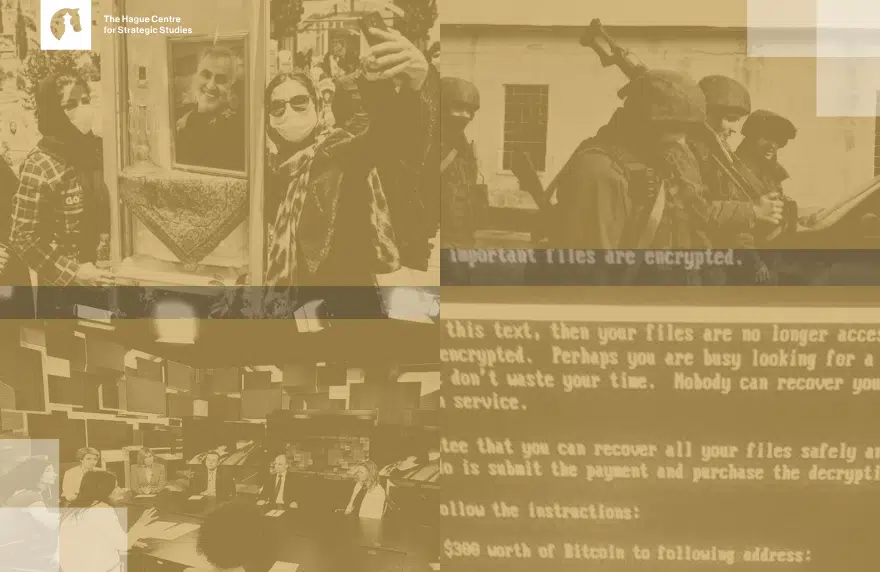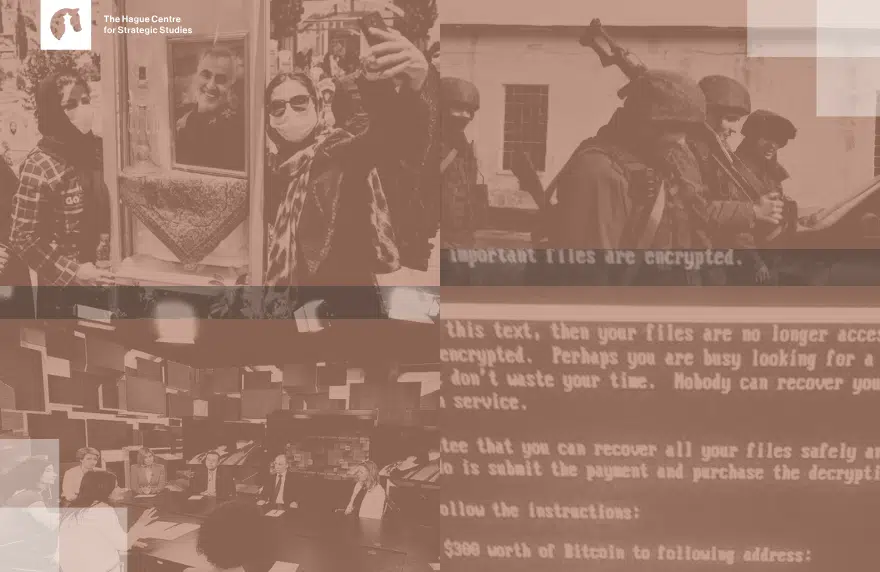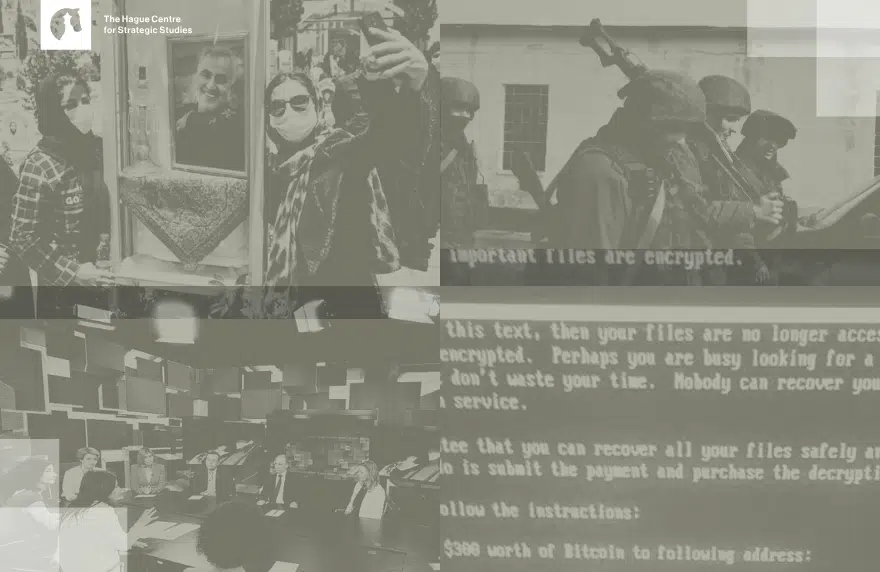Research
Moldova’s counter-hybrid campaigns have been a “learning by doing exercise”, writes guest author Anastasia Pociumban in this new HCSS paper, providing an empirical review of Moldova’s response to hybrid threats, which significantly increased following Russia’s full-scale war against Ukraine.
Russia’s invasion of Ukraine on the 24th of February 2022 had immediate repercussions for Moldova, with the looming threat of the conflict spreading and the potential for military assaults originating from Russia to the south and through Transnistria. While the Russian army was prevented from reaching Moldova due to Ukraine’s defence efforts, it nevertheless became a theatre for Russia’s hybrid warfare operations, which had been occurring since the country’s independence but then escalated to a new level in 2022.
Moldova has witnessed a series of new challenges over the past year and a half, ranging from false bomb alerts, cyber-attacks, and explosions in Transnistria to energy blackmail, paid protests, and Kremlin proxies operating in the autonomous region of Gagauzia, alongside continuous disinformation campaigns. Had the Moldovan government taken earlier measures, such as reinforcing security and defence systems, diversifying energy sources, and establishing a robust mechanism to counter disinformation, the country would have been more resilient and better equipped to address these challenges. Instead, it has found itself in a position of dealing with multiple crises simultaneously.
The country’s response to these hybrid threats has been reactive. Initially, there was no preparation and assessment of the range of possible threats, due both to a multitude of crises and a lack of administrative resources. This culminated in a weakened ability to detect and address new challenges. These processes have improved since and the government has shifted to medium- and long-term responses, with support from the EU, individual member states, and the US. However, the country remains in a fragile state. The government is racing against time to address hybrid threats in a sustainable manner while concurrently pursuing reforms and ensuring Moldova’s economic recovery.
This paper by Anastasia Pociumban delves into Moldova’s counter-hybrid measures against Russian hybrid threats, with a specific focus on the aftermath of Russia’s full-scale invasion of Ukraine. The author then also evaluates external support extended to Moldova and concludes with recommendations for the EU and its member states regarding further assistance for the country.
About the author:
Anastasia Pociumban joined the German Council on Foreign Relations (DGAP) in April 2022 as a research fellow and project manager of the Think Tank Network on the Eastern Partnership in the Center for Order and Governance in Eastern Europe, Russia, and Central Asia of the German Council on Foreign Relations (DGAP). Her work focuses on EU enlargement and the EU’s relations with its eastern neighbors, as well as the foreign policy of the countries of the Eastern Partnership. Her expertise spans topics that include democratization and local governance and civil society in Eastern Europe and Russia.
This paper is part of the Campaigning against Hybrid Threats Paper Series, edited by Director of Research Tim Sweijs.







